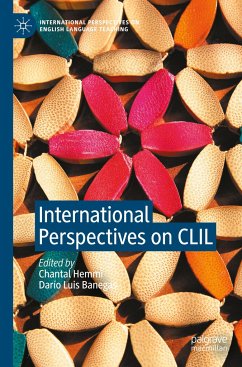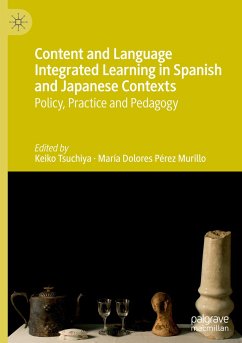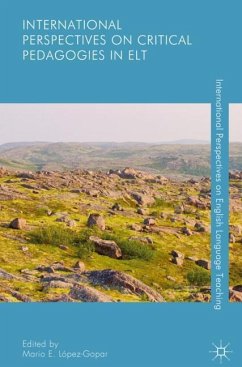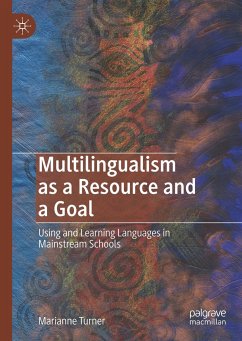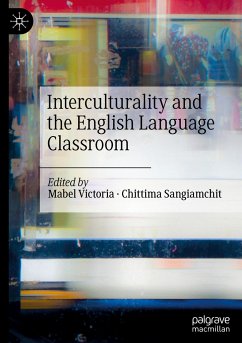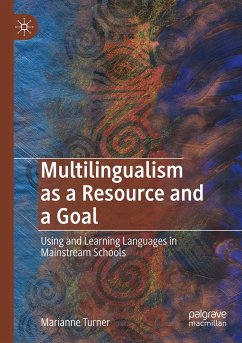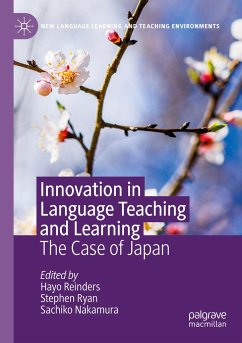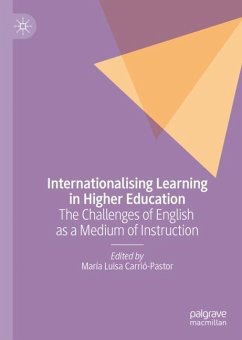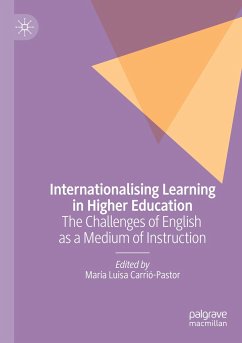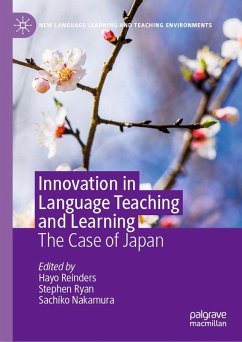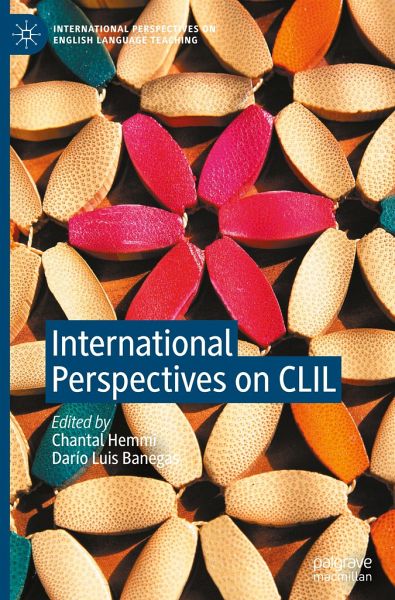
International Perspectives on CLIL

PAYBACK Punkte
0 °P sammeln!
This edited book offers culturally-situated, critical accounts of Content and Language Integrated Learning (CLIL) approaches in diverse educational settings, showcasing authentic examples of how CLIL can be applied to different educational levels from primary to tertiary. The contributors offer a research-based, critical view of CLIL opportunities, challenges and implications in the following areas: teacher education, continuing professional development, assessment, teacher-student dialogue, translanguaging, coursebooks, bilingual education, authenticity, language development and thinking skil...
This edited book offers culturally-situated, critical accounts of Content and Language Integrated Learning (CLIL) approaches in diverse educational settings, showcasing authentic examples of how CLIL can be applied to different educational levels from primary to tertiary. The contributors offer a research-based, critical view of CLIL opportunities, challenges and implications in the following areas: teacher education, continuing professional development, assessment, teacher-student dialogue, translanguaging, coursebooks, bilingual education, authenticity, language development and thinking skills. This wide-ranging volume will appeal to students and scholars of English Language Teaching (ELT), language policy and planning, bi- and multilingualism, and applied linguistics more broadly.



